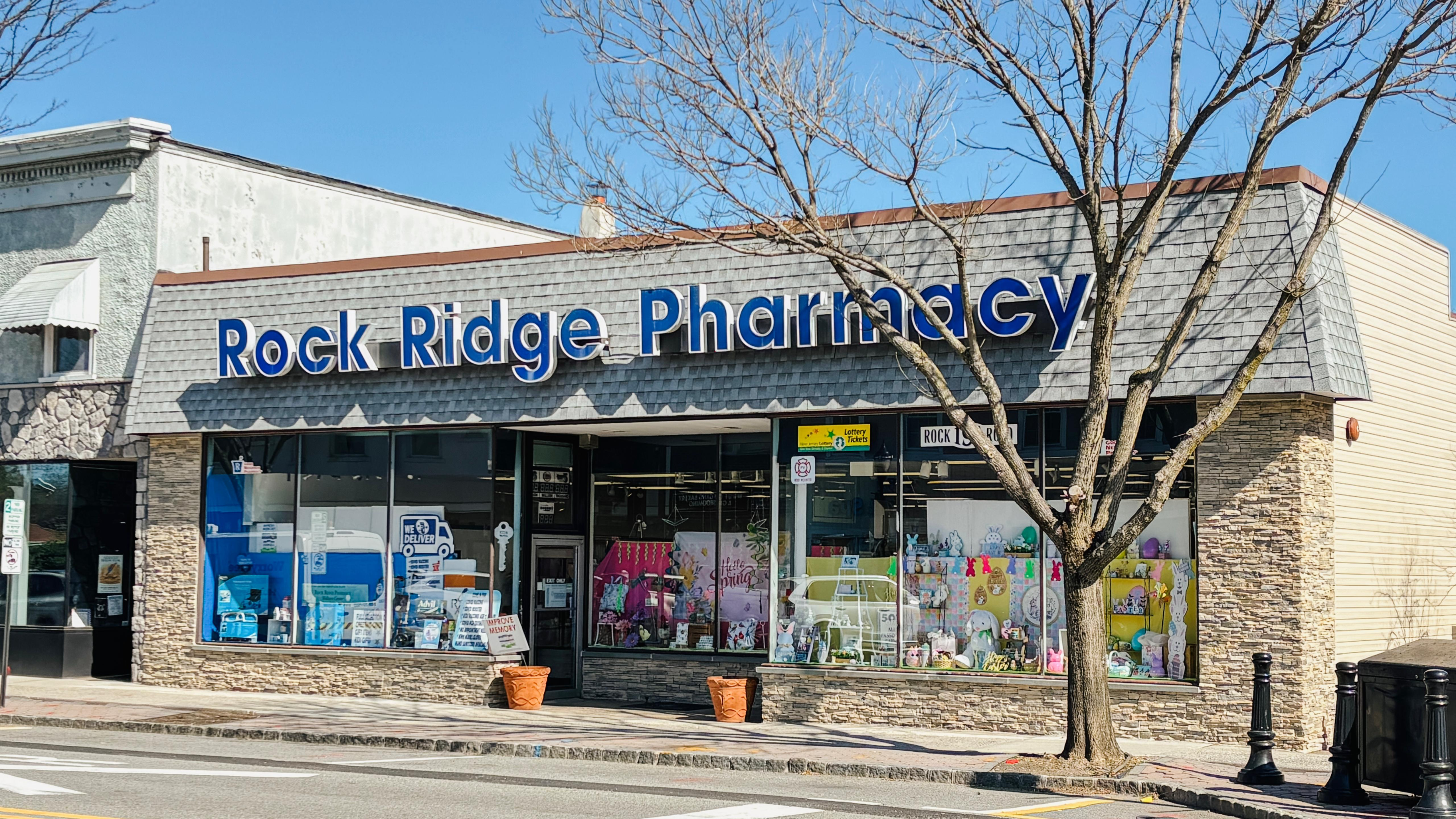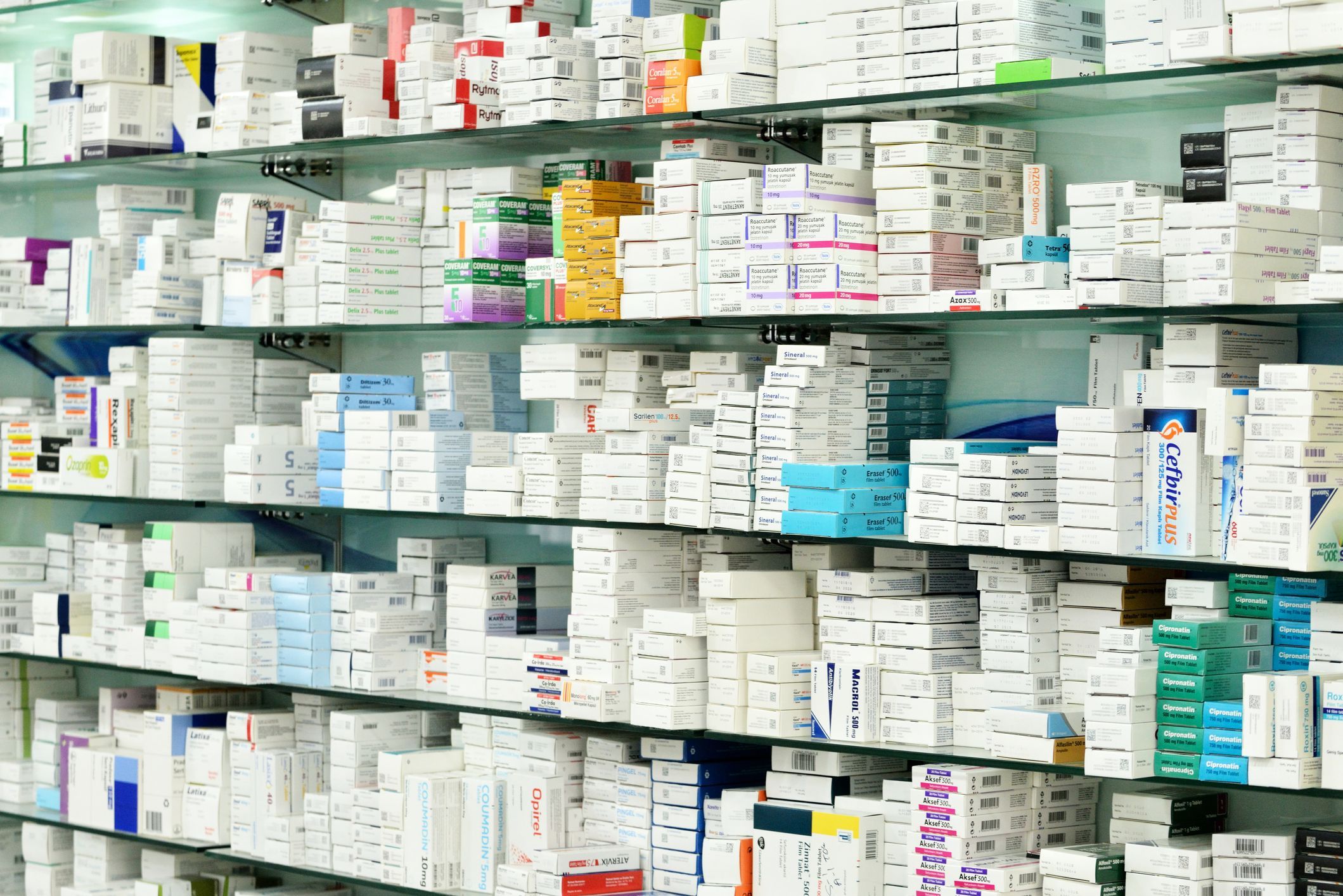Unveiling the Enigmatic Potential of Low-Dose Naltrexone: A Beacon of Hope in Medical Innovation
Discover how Low-Dose Naltrexone (LDN) is redefining possibilities in chronic pain management, autoimmune conditions, and mental health support. Explore the science, potential benefits, and evolving role of LDN as a promising therapy in modern medicine.
Introduction

In the labyrinth of modern medicine, where treatments often come laden with side effects and limitations, Low-Dose Naltrexone (LDN) emerges as a beacon of promise. Originally developed as a therapy for opioid addiction, LDN has captured the attention of medical researchers and patients worldwide for its surprising range of benefits beyond its initial purpose.
Its off-label use in minute doses has shown potential in conditions as diverse as autoimmune disorders, chronic pain, and neurological diseases. With its unique mechanism of modulating the immune system and reducing inflammation, LDN offers a glimmer of hope for patients seeking alternatives to conventional medications. Join us as we uncover the science and potential of this fascinating treatment reshaping the boundaries of modern care.
Unlocking the Mysteries of LDN
Low-Dose Naltrexone (LDN), typically administered in doses ranging from 1.5 to 4.5 milligrams, operates on a different wavelength compared to its higher-dose counterpart. While traditional naltrexone blocks opioid receptors to deter addiction, LDN works by briefly inhibiting these receptors, triggering a rebound effect that enhances the body’s production of endorphins and enkephalins—natural pain relievers and immune modulators.
This mechanism allows LDN to modulate the immune system and exert anti-inflammatory effects, making it a promising candidate for various chronic conditions. Its unique ability to promote balance rather than suppression has drawn attention from clinicians exploring integrative and functional medicine approaches.
As a result, LDN has found growing interest in fields such as autoimmune disease management, chronic pain therapy, and neurological health. This evolving understanding continues to position LDN as a groundbreaking treatment option—a bridge between traditional pharmacology and modern innovation.
A Ray of Light in Autoimmune Darkness
Exploring Low-Dose Naltrexone’s potential to restore immune balance and reduce inflammation in chronic autoimmune diseases.
How LDN Supports Autoimmune Health
- Immune Modulation: LDN helps calm an overactive immune response without suppressing it.
- Anti-Inflammatory Action: Reduces cytokine production linked to autoimmune flare-ups.
- Endorphin Regulation: Enhances the body’s natural defense and healing mechanisms through endorphin release.
Autoimmune disorders such as lupus, Hashimoto’s thyroiditis, and psoriasis can leave patients feeling trapped in cycles of pain and fatigue. Low-Dose Naltrexone offers a new avenue of hope by working with the body’s immune and nervous systems to reduce inflammation and restore equilibrium.
While large-scale clinical trials are still needed, early research and patient experiences suggest that LDN may serve as a safe, affordable, and complementary therapy for those battling autoimmune diseases. Learn more from ongoing studies published in the U.S. National Library of Medicine and organizations like the LDN Research Trust.
Navigating the Neurological Terrain
Exploring Low-Dose Naltrexone’s potential to support neurological health through immune modulation and neuroinflammation control.
LDN and Neurological Disorders
- Multiple Sclerosis (MS): LDN may reduce fatigue, pain, and spasticity by modulating immune activity and improving neural signaling.
- Parkinson’s Disease: Emerging evidence suggests LDN’s anti-inflammatory properties could help protect dopaminergic neurons from immune-related damage.
- Neuroinflammation: LDN’s action on microglial cells may help dampen inflammatory cascades implicated in many neurological disorders.
Neurological conditions like multiple sclerosis and Parkinson’s disease remain among the most complex challenges in medicine. With its immunomodulatory and anti-inflammatory effects, Low-Dose Naltrexone offers a new frontier in supporting neurological resilience and symptom management.
Although ongoing research continues to refine our understanding, early clinical observations indicate that LDN may help alleviate fatigue, pain, and stiffness while enhancing overall quality of life for neurological patients. For ongoing studies, visit the ClinicalTrials.gov database and review findings published through the U.S. National Library of Medicine.
Beyond Borders: LDN in Pain Management and Mental Health
Exploring Low-Dose Naltrexone’s expanding role in chronic pain relief and emerging influence on mental wellness.
Pain Management
For individuals battling chronic pain, LDN provides a beacon of hope. By modulating pain pathways and reducing inflammation via microglial cell regulation, it offers relief without dependency—an invaluable alternative amidst the opioid crisis. Conditions like fibromyalgia, neuropathic pain, and complex regional pain syndrome (CRPS) have shown promising responses in early studies.
Reference: PubMed: LDN and Chronic Pain
Mental Health & Neuroinflammation
The intersection of mental health and immune regulation is gaining scientific traction. LDN’s capacity to influence neuroinflammation and neurotransmitter activity may provide new pathways in addressing conditions like depression, anxiety, and PTSD. By enhancing endorphin levels and balancing immune signaling, LDN could serve as an adjunctive therapy for treatment-resistant mood disorders.
Reference: PubMed: LDN and Mental Health
While research remains ongoing, the evolving evidence base positions Low-Dose Naltrexone as a versatile and low-risk therapy straddling the fields of pain management and mental wellness. As clinicians and researchers delve deeper, LDN’s true potential may redefine the contours of modern integrative medicine.
Custom Low-Dose Naltrexone (LDN) Compounding at Rock Ridge Pharmacy
Personalized formulations designed to support immune balance, chronic pain, and inflammation control

Why Choose Rock Ridge Pharmacy for LDN?
At Rock Ridge Pharmacy, our pharmacists specialize in compounding Low-Dose Naltrexone (LDN) tailored to each patient’s needs. We collaborate with prescribers to ensure optimal dosing, quality ingredients, and personalized formulations in capsule or liquid form for immune modulation, inflammation reduction, and chronic pain management.
Our LDN formulations are prepared fresh on-site with precise quality control. Every compound is crafted for consistency, safety, and patient comfort — ensuring reliable results in your LDN therapy journey.
Compounded in precise low doses (typically 1.5–4.5 mg) as prescribed.
Available in capsules, suspension, or topical forms based on your provider’s protocol.
Conclusion: The Expanding Promise of Low-Dose Naltrexone
In its humble guise, LDN offers a glimpse into the future of personalized, low-risk medicine — where treatments are precise, side effects are minimized, and patient empowerment takes center stage. As ongoing research continues to uncover its mechanisms, Low-Dose Naltrexone has the potential to redefine how we approach chronic illness, mental health, and inflammation-driven conditions, illuminating the path toward a healthier and more hopeful tomorrow.
Frequently Asked Questions (FAQ)
What is Low-Dose Naltrexone (LDN)?
LDN refers to doses of naltrexone typically between 1.5 and 4.5 mg — much lower than standard doses used for addiction treatment. It is believed to help modulate the immune system and reduce inflammation.
Do I need a prescription for LDN?
Yes. LDN requires a prescription and is compounded at specialized pharmacies such as Rock Ridge Pharmacy.
What conditions may benefit from LDN?
LDN is being studied for conditions like fibromyalgia, multiple sclerosis, Crohn’s disease, autoimmune thyroid disorders, and chronic pain. Research is ongoing, and results vary by individual.
How does LDN work in the body?
LDN is thought to temporarily block opioid receptors, leading to an increase in endorphin production and immune modulation, which may reduce inflammation and support the body’s natural healing processes.
Is LDN safe?
When taken as prescribed and monitored by a healthcare provider, LDN is generally considered safe. Mild side effects such as vivid dreams or sleep disturbances may occur initially but often resolve over time.
How long does it take for LDN to work?
Some patients notice improvements within a few weeks, while others may take 1–3 months. Response times depend on the condition being treated and individual biochemistry.
What forms of LDN are available?
LDN can be compounded into capsules, liquids, or topical creams, depending on the patient’s needs and physician recommendations.
Can LDN be taken with other medications?
LDN should not be taken with opioid pain medications. Always consult your provider or pharmacist before combining it with other prescriptions or supplements.
Does insurance cover LDN?
Because LDN is an off-label compounded medication, insurance coverage may vary. Contact Rock Ridge Pharmacy to discuss options and pricing.
Where can I get LDN compounded in New Jersey?
Rock Ridge Pharmacy in Glen Rock, NJ compounds Low-Dose Naltrexone for pickup or statewide delivery.
Interested in Low-Dose Naltrexone (LDN)? We’re Here to Help
Call Rock Ridge Pharmacy at (201) 444-4190 or fax prescriptions to (201) 444-2698. Our pharmacists compound Low-Dose Naltrexone (LDN) with precision and care, offering customized doses and delivery forms to meet each patient’s unique needs.



